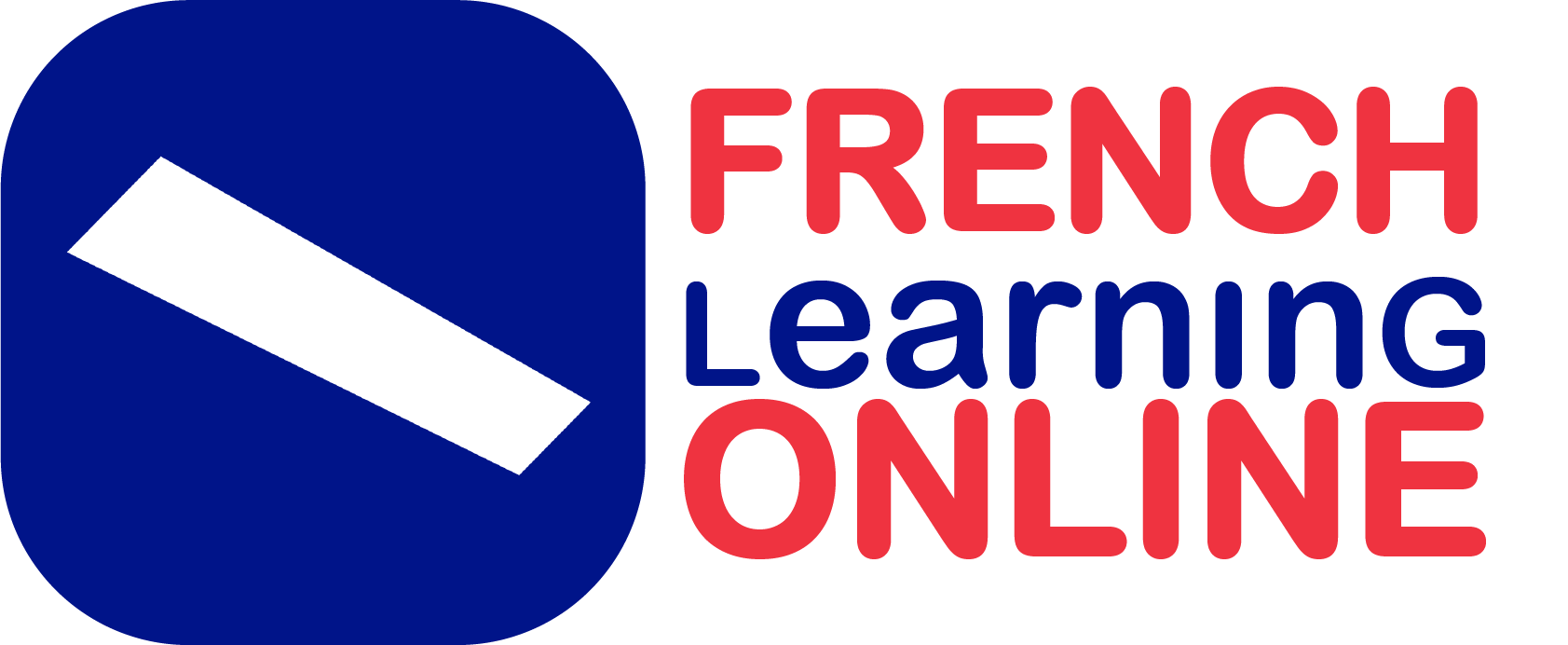Are you interested in learning French? Whether you’re a beginner or already have some knowledge of the language, French language lessons can help you to improve your skills and become more confident in speaking, writing, and understanding French. In this guide, we’ll explore the benefits of French language lessons and offer tips on how to make the most of your learning experience.
The Benefits of French Lessons
- Learn the basics: If you’re a beginner, French language lessons can help you to learn the basics of the language, including vocabulary, grammar, and pronunciation. By building a strong foundation in the language, you’ll be able to communicate more effectively in French and have a better understanding of the culture.
- Improve your listening and speaking skills: One of the most challenging aspects of learning a new language is understanding and speaking it. In French language lessons, you’ll have the opportunity to practice your listening and speaking skills with other students and your instructor. This practice will help you to improve your pronunciation, understand different accents, and communicate more confidently.
- Gain cultural knowledge: French language lessons can also help you to gain a deeper understanding of French culture, history, and traditions. Learning about French customs and traditions can help you to better connect with native speakers and appreciate the language in a more meaningful way.
- Prepare for exams: If you’re studying French for school or want to take an exam such as the DELF or DALF, French language lessons can help you to prepare. Your instructor can help you to understand the exam format, practice with sample questions, and identify areas where you need to improve.
Types of French Language Lessons
There are several types of French language lessons available, depending on your learning style and goals. Here are some of the most common types:
- Private lessons: Private French lessons are one-on-one sessions with a tutor or instructor. Private lessons are a great option if you want personalized attention and a tailored learning plan.
- Group lessons: Group French lessons are classes with multiple students and an instructor. Group lessons can be a more affordable option than private lessons, and they also offer the opportunity to practice speaking with other learners.
- Online lessons: Online French lessons are becoming increasingly popular, especially in the wake of the COVID-19 pandemic. Online lessons can be a convenient option if you have a busy schedule or live in a location where in-person lessons aren’t available.
Tips for Making the Most of Your French Lessons
- Practice regularly: Learning a new language requires practice, so it’s important to practice regularly outside of your French language lessons. This could include reading French books or articles, watching French movies or TV shows, or practicing speaking with a friend or language exchange partner.
- Ask questions: If you’re unsure about something, don’t be afraid to ask your instructor for clarification. Asking questions can help you to understand the language more deeply and make faster progress in your learning.
- Set goals: Setting goals can help you to stay motivated and track your progress. Whether your goal is to have a conversation in French, pass an exam, or read a French novel, setting specific, achievable goals can help you to stay on track.
- Immerse yourself in the language: Immersing yourself in the language can help you to improve your skills faster. This could include listening to French music, watching French TV shows or movies, or even traveling to a French-speaking country.
Advantages of Taking French Language Lessons
- Boosts career prospects: Being fluent in a second language, especially French, can open up various job opportunities. Many companies operate in French-speaking countries or have clients who speak French. Therefore, if you can communicate with them effectively, you increase your chances of getting hired or promoted.
- Enhances travel experiences: French is spoken in more than 50 countries worldwide, including France, Canada, Switzerland, Belgium, and many African countries. If you plan on visiting any of these countries, speaking French can help you interact with locals, order food, and navigate around the cities more easily.
- Improves cognitive abilities: Studies have shown that learning a second language improves cognitive abilities, including memory, concentration, and problem-solving skills. It also delays the onset of age-related cognitive decline.
- Increases cultural understanding: Learning a language is also an opportunity to learn about the culture and traditions of the people who speak it. French is a language with a rich cultural heritage, from literature and art to food and wine. Taking French lessons can help you appreciate and understand French culture better.
- Boosts confidence: Learning a new skill, such as a language, can give you a sense of achievement and confidence. It also helps you develop social skills as you interact with other language learners or native speakers.
Choosing the Right Lessons
When looking for French language lessons, it’s essential to choose the right program that fits your needs and goals. Here are some factors to consider:
- Learning style: Everyone has a different learning style, and it’s important to choose a program that suits your learning preferences. Some people prefer learning through visual aids, while others learn better through auditory or kinesthetic methods. Make sure the program you choose aligns with your learning style.
- Goals: What do you hope to achieve by taking French lessons? Are you learning for personal or professional reasons? Do you want to become fluent or just learn the basics? Make sure the program you choose aligns with your goals.
- Schedule: French lessons can be time-consuming, and it’s essential to choose a program that fits your schedule. Consider the duration of the lessons, the frequency, and the time of day they’re offered.
- Quality of instruction: It’s important to choose a program with experienced and qualified instructors who can provide quality instruction. Look for programs that provide information about their instructors’ qualifications and teaching methods.
- Cost: French language lessons can be expensive, but there are also many affordable options available. Consider your budget when choosing a program, and don’t forget to factor in additional costs such as textbooks and materials.
Conclusion
In conclusion, French language lessons can be beneficial in many ways, from boosting career prospects to enhancing travel experiences and improving cognitive abilities. When choosing a program, consider factors such as your learning style, goals, schedule, quality of instruction, and cost. With the right program and dedication, anyone can learn French and reap the benefits of bilingualism.





